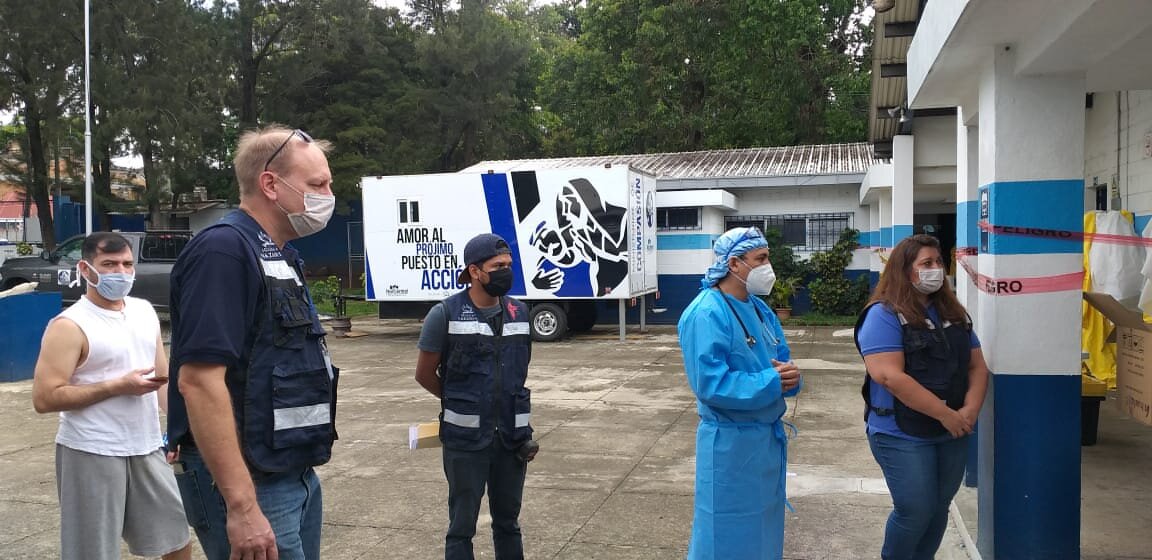
Over the last few months, we have seen many doors closed by the COVID-19 pandemic. It has caused hunger, pain, and sorrow. But in Guatemala, it opened the door for one doctor to serve migrants on their way back to their home country.
When Dr. Emilio Ramos went to the Guatemala Department of Health, he had a simple question: how can I help? The virus was spreading, and the Nazarene medical doctor wanted to offer his services. He was assigned to treat those living at a migrant shelter in Guatemala.
Initially, Ramos had to see patients in the open air. Then, he remembered NCM’s mobile clinic, which was established after the Fuego Volcano erupted in 2018. Ramos is a member of the NCM team for Guatemala’s Central District, and he knew that the mobile clinic could help him give patients comfort and privacy. With the help of a Work & Witness team, who followed careful health restrictions, the mobile clinic was transferred to the shelter.
Dámaris Kellogg, the North Central Area NCM Coordinator, shares that setting up a clinic allows Ramos to treat people with dignity.
“I don’t care what their situation is or who they are, they still need their dignity,” Kellogg said.
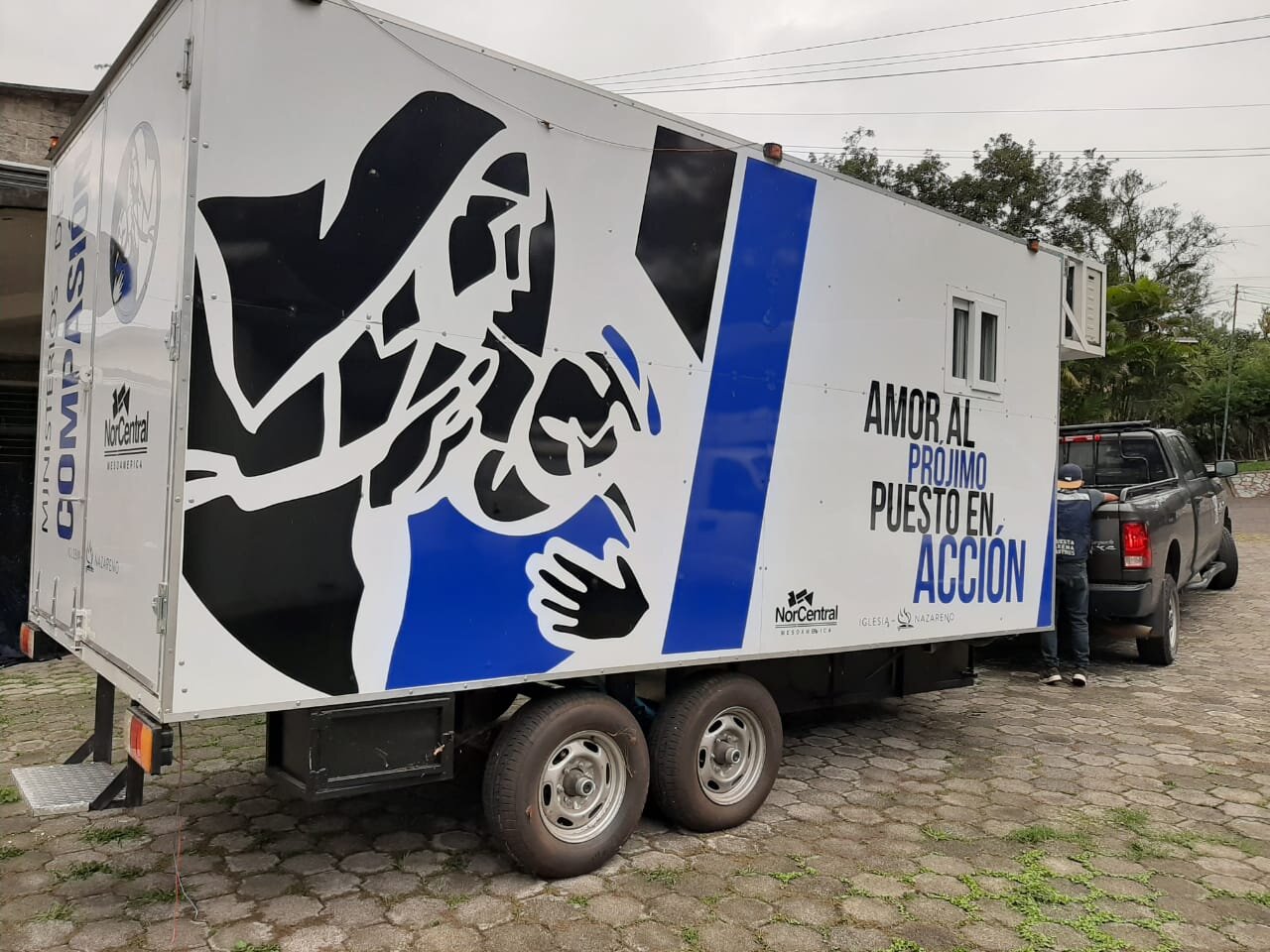
The shelter houses around 180 people, though the number fluctuates regularly; those who stay there have been deported back to their country of origin. Kellogg says that they have been trying to find a way to help those living in the shelter for a long time. Usually, it is a place of transition, where people only stay there few a few days. During the COVID-19 pandemic, though, the length of stay is longer due to health restrictions.
“We were working with them as they were making their journey North, but we also had all the ones who were sent back,” Kellogg shares. “For a little while now, I have been trying to figure out: how do we get involved as a church to minister to them when they get back?”
Like any group of people, those living at the shelter are diverse and varied. Some are coping with deep grief and anxiety after being separated from family members. One man arrived recovering from an open-heart surgery. Ramos was present when the man arrived and was able to get the patient medicine he needed.
“I don’t care what their situation is or who they are, they still need their dignity.”
— Dámaris Kellogg
Often, those at the shelter arrive with only the clothes they are wearing and a few government-provided articles of clothing. Now, Nazarenes in the area are also able to bring clothes and hygiene items, like masks and gloves. The Guatemala Department of Health has also asked the church to fill the role of spiritual guidance, creating specific times for church members to share a devotional and pray. The response has been wonderful, Kellogg shares.
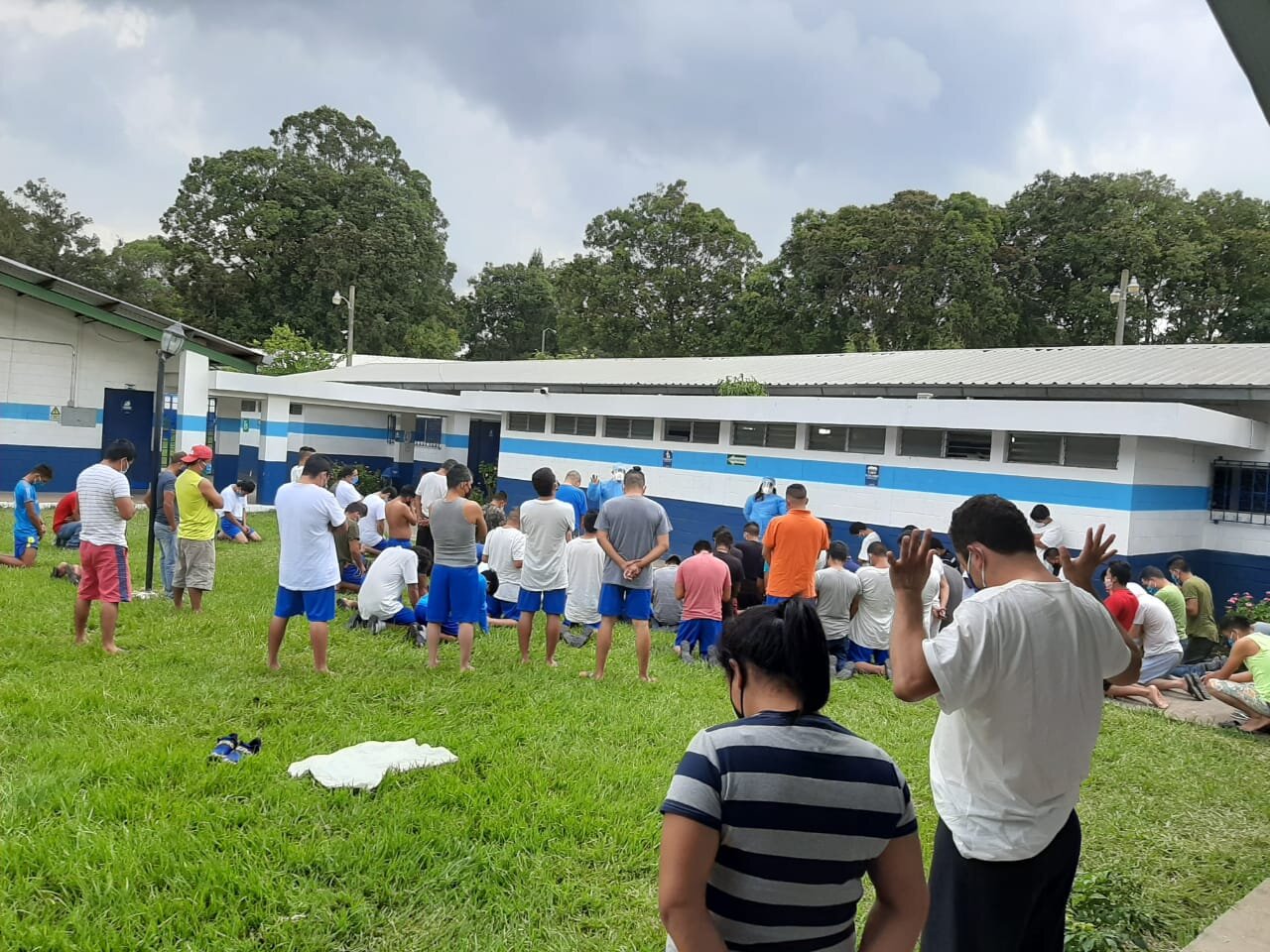
Before the pandemic, Kellogg says that the time at the shelter was so short that it was difficult for the church to learn the needs. Now that people are staying for longer, they can develop relationships and pinpoint specific needs. After about 10 days and a negative COVID-19 test, people are sent home.
The challenge, then, is figuring out how to minister during a relatively short window. But Kellogg says that the clinic has made that easier. She points to the story of one man who had once been part of a Church of the Nazarene. He recognized the logo on the clinic right away and said to himself, this is my church!
“So you know, even if we came to be an encouragement for that one … he said, ‘Once I saw the logo, I knew,’” Kellogg shares.
Read more about this ministry here.

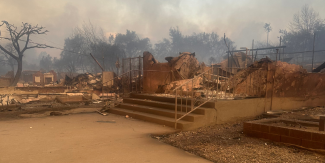
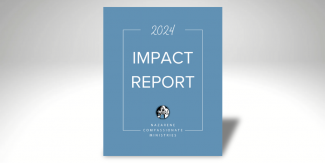
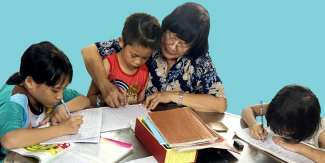
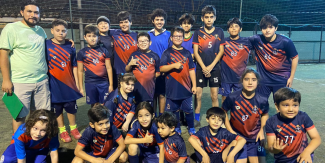
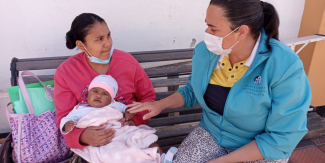
Add new comment